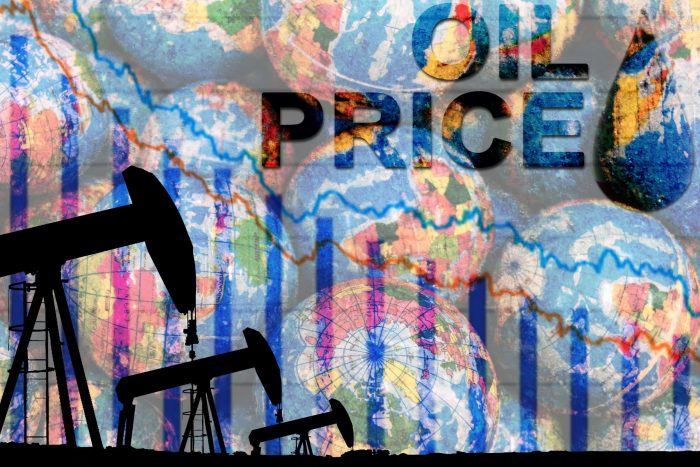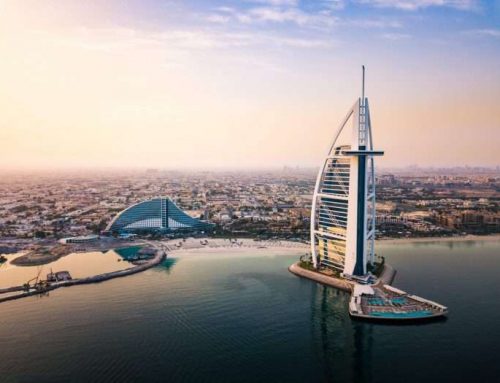The Impact of Oil Prices on Abu Dhabi’s Real Estate Market

Abu Dhabi, the capital city of the United Arab Emirates, is renowned for its opulent skyline, luxurious properties, and thriving real estate market.
However, as with any oil-dependent economy, the fluctuation of oil prices has a significant impact on various sectors, including the real estate market.
The Oil Dependency and Economic Link:
- Oil has been the backbone of Abu Dhabi’s economy for decades, contributing significantly to its GDP and government revenue.
- As a result, the health of the oil market directly influences the overall economic stability of the region.

- When oil prices are high, Abu Dhabi experiences prosperity, leading to an influx of wealth and investment in various sectors, including real estate.
- Conversely, during times of low oil prices, economic growth may slow down, impacting investor confidence and property demand.
Impact on Property Prices:
- Abu Dhabi’s real estate market is closely linked to oil prices, impacting property prices significantly. High oil prices lead to increased government spending and demand for properties, causing property prices to rise.
- On the other hand, when oil prices drop, reduced government spending results in decreased property demand, putting downward pressure on prices. However, this scenario can present opportunities for buyers looking to enter the market at more affordable rates.
Investor Sentiment and Market Dynamics:
- Oil price volatility significantly impacts investor sentiment in Abu Dhabi’s real estate market. Uncertainty in the oil market makes investors cautious, leading to a “wait and see” approach. International investors also influence the market, with high oil prices attracting them and driving demand for properties.
- Conversely, during economic uncertainty caused by low oil prices, foreign investments may slow down, affecting overall market liquidity.

Government Measures and Diversification Efforts:
- Abu Dhabi is recognizing the need to reduce reliance on oil revenue and is proactively diversifying its economy by promoting sectors like tourism, hospitality, finance, and technology. The growth of these non-oil sectors helps stabilize the economy and real estate market during oil price fluctuations.

- Additionally, the Abu Dhabi government implements various measures to support the real estate market during challenging times. These initiatives may involve easing property regulations, offering incentives to developers, and providing support to homebuyers, all aimed at stimulating market activity.
Abu Dhabi’s real estate market is inextricably linked to the volatility of oil prices, with fluctuations impacting property prices, investor sentiment, and overall market dynamics.
As the Emirate continues its efforts to diversify its economy, the real estate sector’s resilience is strengthened, making it better equipped to weather the impact of oil price fluctuations.
Investors and stakeholders in Abu Dhabi’s real estate market must keep a close eye on oil price trends and government policies to make informed decisions. While oil price fluctuations can bring challenges, they also offer opportunities for those who can navigate the market strategically.
As Abu Dhabi strives for economic diversification, the real estate sector remains an integral part of the Emirate’s growth and development in the years to come.





